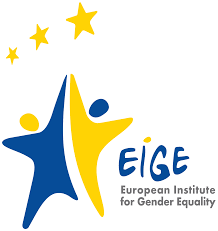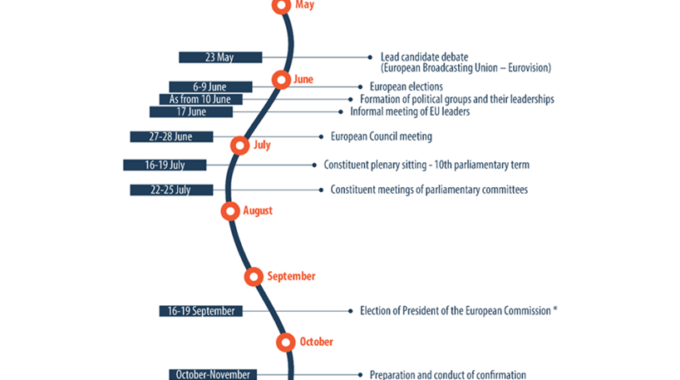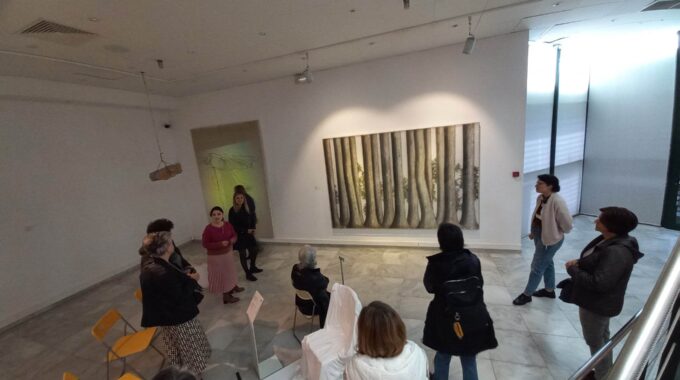
Unpaid care: Around one third of women and men struggle to strike a work-life balance in the EU
Unpaid care is often taken for granted. It’s simply done without question as a labour of love.
But EIGE’s new time use survey focused on care, leisure and volunteering activities reveals unpaid care is in a pressure cooker situation right now which demands introspection and long-term solutions.
Data collected from all EU Member States found that 42% of women and 38% of men are involved in unpaid caregiving activities, such as caring for children, older family members, or people with disabilities.
Between carers, women tend to spend more time in unpaid caregiving than men – specifically, twice as many women spend at least 5 hours every day caring for children than men.
Women and men in employment who experience difficulties in combining paid work with care responsibilities at least 4 days a week (%, 16-74, 2022)
We see that as many as 30 % of women and 28 % of men with caring duties experience difficulties in combining work with care responsibilities on most of the weekdays.
Unpaid care in the Member States
There are significant variations in the state of unpaid care across the EU.
Malta, Portugal, Latvia, and Greece report the highest levels of work-life conflicts for women carers, alongside some of the highest gender gaps in the EU.
Finland and Slovenia present an opposing reality where a significantly higher share of men than women carers report difficulties in combining paid work with care responsibilities.
Looking deeper into different situational circumstances, single parents, couples with children, and foreign-born or young carers report the highest frequency of work-life conflicts.
Around a third of single mothers and fathers and couples with children face difficulties in combining paid work and care responsibilities.
Where is the policy support?
The growing gender care gap challenges are being addressed.
Promoting better work-life balance among working carers are key policy priorities established in the EU Work-life balance Directive , the EU Gender Equality Strategy 2020-2025 and, more recently, the European Care Strategy where there is promise for affordable and high-quality childcare support for everyone.
The gains for women and wider society could be transformative when greater autonomy and choice is offered as a result of robust support systems in place. The benefit to women is tantamount to everyone – for our societies and our economies .
But this ideal scenario remains in theory.
Now we need to see women and men being given an equal shot at balancing their home and working lives in practice.
Only then can we expect meaningful and lasting change.
EIGE published a report: ‘ Advancing work–life balance with EU Funds. A model for integrated gender-responsive interventions ‘ presenting a model to advance gender equality in Member States by transforming roles and responsibilities in care work.
EIGE will publish a series of articles exploring different dimensions of care, leisure, and volunteering activities from the survey. The full survey results will also be published in the upcoming Gender Equality Index 2023 report.





